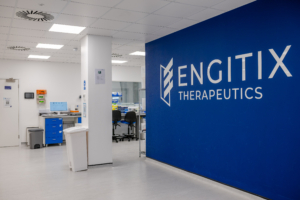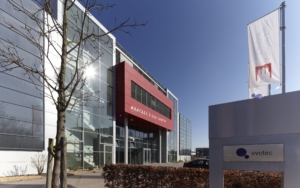EMA recommends four biologicals for market
The European Medicines Agency delays the EU approval of Nivolumab/Ipilimumab in NSCLC and greenlights four biotherapeutics to be marketed in the EU.
The EMA’s has extended its review for a MAA filed by Bristol-Myers Squibb for its PD1/CTLA4 checkpoint inhibitor combo Nivolumab/Ipilimumab as first-line treatment for non small cell lung cancer (NSCLC) due to new study results but didn’t provide a timeline. In February, BMS changed stratification of the study population of its pivotal Phase III study Checkmate-227 from PD-1-positive patients to patients with high tumour burden (TMB > 10 mutations/MB). The EMA decision will delay market approval of the combo, which provided more severe side effects than nivolumab monotherapy.
Furthermore, the Committee for Human Medicinal Products (CHMP) recommended six drugs, four of which biologics, for the EU market. Overall, the CHMP approved two vaccine, one biosimilar and one monoclonal antibody as treatment for hereditary angioedema (HAE).
Specifically, the CHMP greenlighted the very first Dengue vaccine. The tetravalent live attenuated vaccine Demgvaxia from Sanofi Pasteur, which protects against dengue virus serotypes 1-4, is recommended for people between 9 and 45 years old, which live in endemic regions and had a dengue infection in the past.
The CHMP also recommended to approve the cell culture-derived influenza vaccine Flucelvax Tetra developed by Swquirus Netherlands BV which includes an inactivated influenza surface antigen.
Furthermore, following an FDA approval in August, the Committee backed market authorisation under its accelerated assessement procedure of the first monoclonal antibody (mAb) to treat heriditary angioedema attacks: Shire Pharmaceuticals’ anti-kallikrein mAb lanadelumab.
Finally, the CHMP recommended Ogivri, a trastuzumab biosimilar developed by Mylan SAS for the treatment of breast and gastric cancer.


 Photo from Giulia Bertelli on Unsplash
Photo from Giulia Bertelli on Unsplash  Engitix
Engitix Evotec SE
Evotec SE